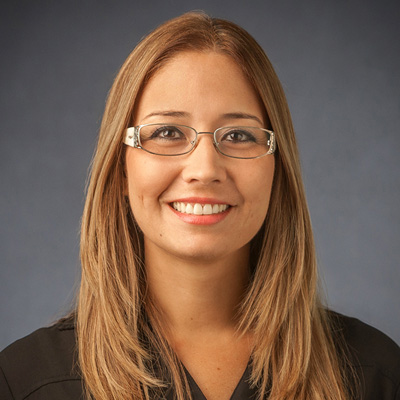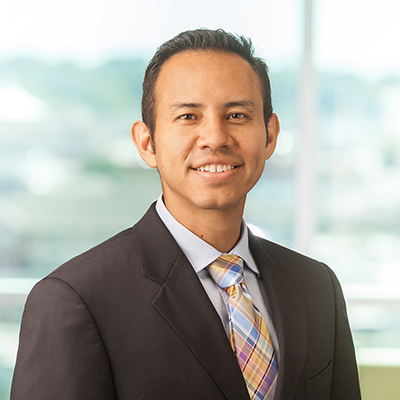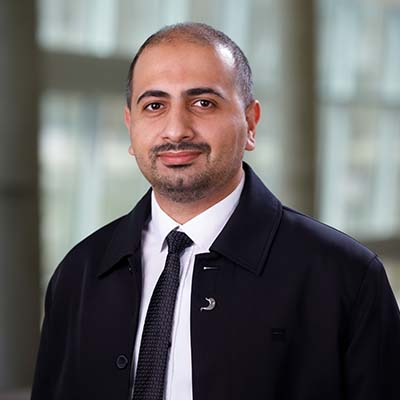About Us
At Children’s Nebraska, we provide comprehensive surgical care for children with a wide range of conditions. Our team of experienced pediatric surgeons offers expertise across many specialties, including general surgery, thoracic surgery, neurosurgery, plastic and reconstructive surgery, head and neck surgery, orthopedic surgery, heart surgery and more. We understand that every child is unique, which is why we work closely with families to develop personalized treatment plans that prioritize the safety, comfort and wellbeing of each patient.
General and Thoracic Surgery
Our surgical team is dedicated to keeping you and your child safe and comfortable throughout the whole surgery process, from consultation to recovery.
Neurosurgery
Children's Nebraska's Neurosurgery provides comprehensive, compassionate care. Our team works with patients and families every step of the way.
Cardiothoracic Surgery
Children’s Nebraska offers comprehensive pediatric cardiothoracic surgery, with expertise in a wide range of congenital and acquired heart defects in children, including complex cases.
Orthopedics
Our pediatric orthopedic experts focus on injuries and conditions affecting bones, joints, muscles, ligaments and tendons. From simple sprains to complex disorders like spina bifida, our pediatric orthopedics team has your family covered.
Cardiology
When your child has a heart condition, you may feel fearful and unsure. Our pediatric cardiology experts offer comprehensive cardiac care to our patients and families and are with you every step of the way.
Plastic & Reconstructive Surgery
When your child has a birth defect or trauma, it can affect their appearance and development. Our Plastic & Reconstructive Surgery team is here to help.
Ear, Nose & Throat (ENT)
Our pediatric ENT specialists treat conditions ranging from recurring sinus and ear infections to thyroid disorders. We provide care to children of all ages.
Advanced Pediatric Heart Failure & Transplant Program
Every parent hopes for their child's health and wellbeing, and the news of a heart condition can be overwhelming. Our compassionate cardiac team is here to offer expert, lifesaving care — whether through advanced treatment or a heart transplant — to support your child’s journey toward recovery.
Gastroenterology, Hepatology & Nutrition
Exceptional, personalized care for children with eating and digestive disorders.
Urology
Our expert pediatric urology providers specialize in caring for children with conditions affecting the kidneys, bladder and urinary tract. From routine checkups to complex surgeries, we offer compassionate, personalized care for children of all ages.
Cleft & Craniofacial Clinic
Some babies are born with conditions like cleft lip or cleft palate, which can affect their appearance and make everyday activities like feeding or speaking more difficult. Our expert teams are committed to supporting these children and families with specialized care, helping them navigate challenges and thrive every step of the way.
Fetal Care Center
Hearing your baby might be born with a complex medical condition can be scary and overwhelming. From the moment families are referred to Children’s Nebraska’s Fetal Care Center, we provide the highest quality individualized care. Our experts are committed to the health and wellbeing of all families expecting a newborn who may require advanced care after birth.
Nephrology
If your child is experiencing kidney-related issues, our Nephrology team is here to provide expert care. Specially trained in the unique needs of children, our pediatric nephrologists treat a wide range of kidney conditions, ensuring your child receives the highest level of care for their health and wellbeing.
Pulmonary Medicine
If your child struggles with respiratory issues, even the simplest act of breathing can feel like a challenge. Every inhale is crucial for their growth, energy and wellbeing. We specialize in treating breathing concerns, so your child can heal and thrive.
Ophthalmology (Eye Care)
At Children’s Nebraska, our Ophthalmology Department provides expert care for a wide range of eye conditions in children, from routine exams to specialized treatments. Our team of pediatric experts are dedicated to preserving and improving your child's vision for a healthy future.
Weight & Wellness
Our nutritional Weight & Wellness program is centered on overall health, not just numbers. We believe in a holistic approach to pediatric weight and wellness, focusing on positive lifestyle changes for your child and the entire family.
Rheumatology
When children have aches and pains that don’t go away, our rheumatology experts can help. We diagnose and treat immune system disorders that can cause redness, swelling, stiffness and other symptoms.
Meet Our Providers

Emille Marie Reyes Santiago, MD
Languages: Spanish, English
Specialties: Transplant Hepatology, Gastroenterology





Locations
Children’s Nebraska Outpatient Surgery Center – West Village Pointe
Related Specialties
Anesthesiology
Next Steps
What Sets Us Apart
Experienced Team
By focusing solely on pediatrics, our surgeons and staff are experts at assessing the unique treatment needs of children and teenagers. We know how to explain procedures at a child-friendly level and help each child and the entire family feel comfortable going into surgery.
Pediatric Experts
Our pediatric surgeons, pediatric anesthesiologists and fetal care specialists are here to care for your child’s medical needs. We also have social workers, chaplains and child life specialists to assist with your child’s psychosocial, emotional and spiritual health. These professionals help reduce distress before and after procedures, helping to improve the overall hospital experience.
Minimally Invasive
We are the region’s leader in developing and performing innovative, minimally invasive pediatric surgery. Minimally invasive techniques such as using small cameras and instruments through tiny incisions (less than 5 mm) leads to faster recovery and healing times, less pain and lower rates of infection.




